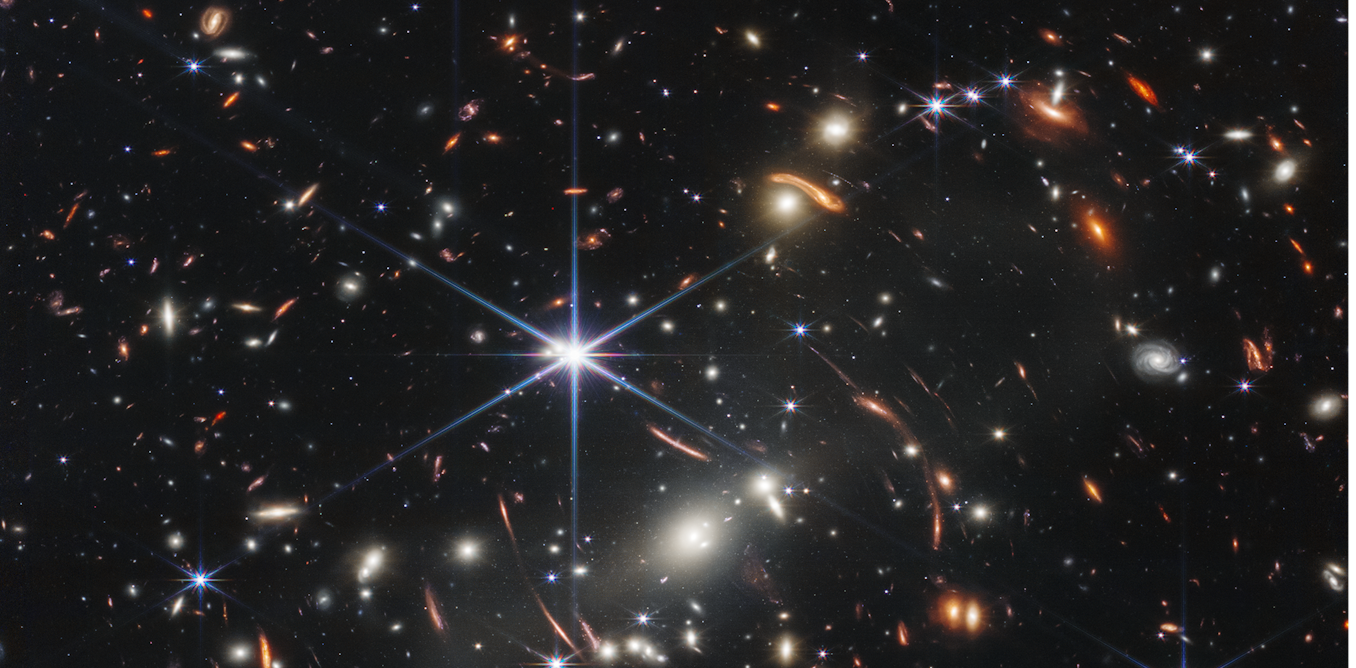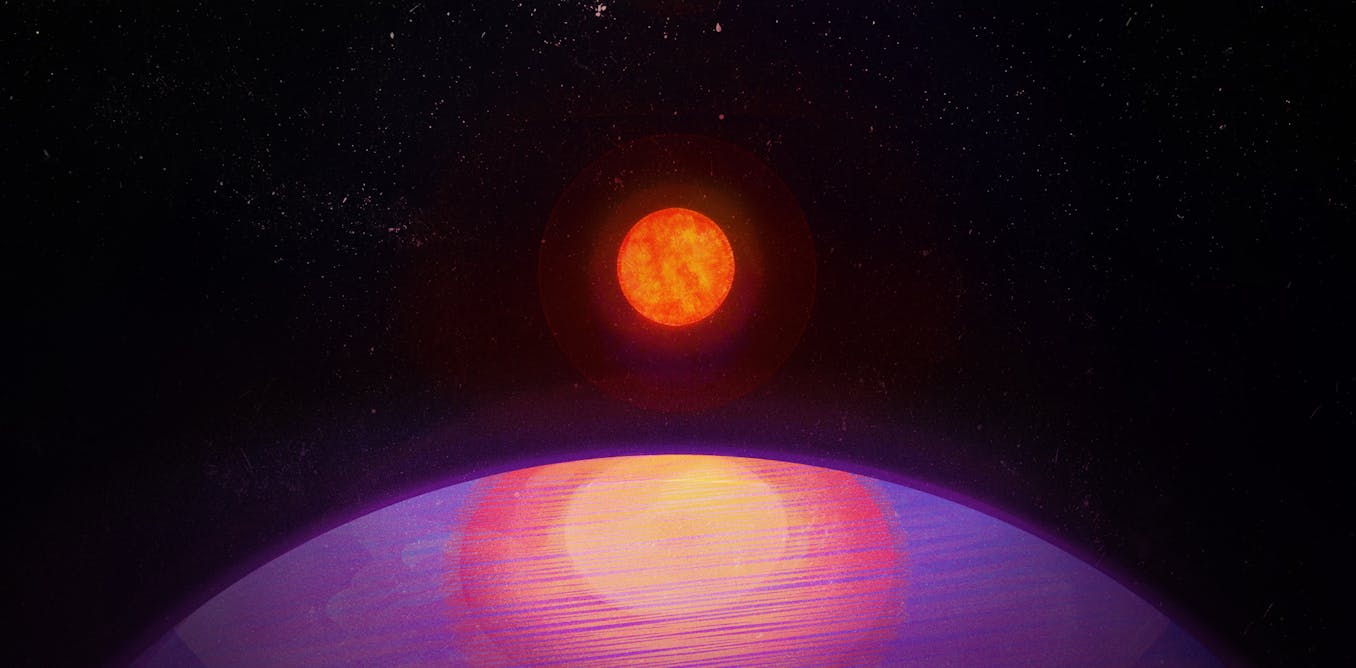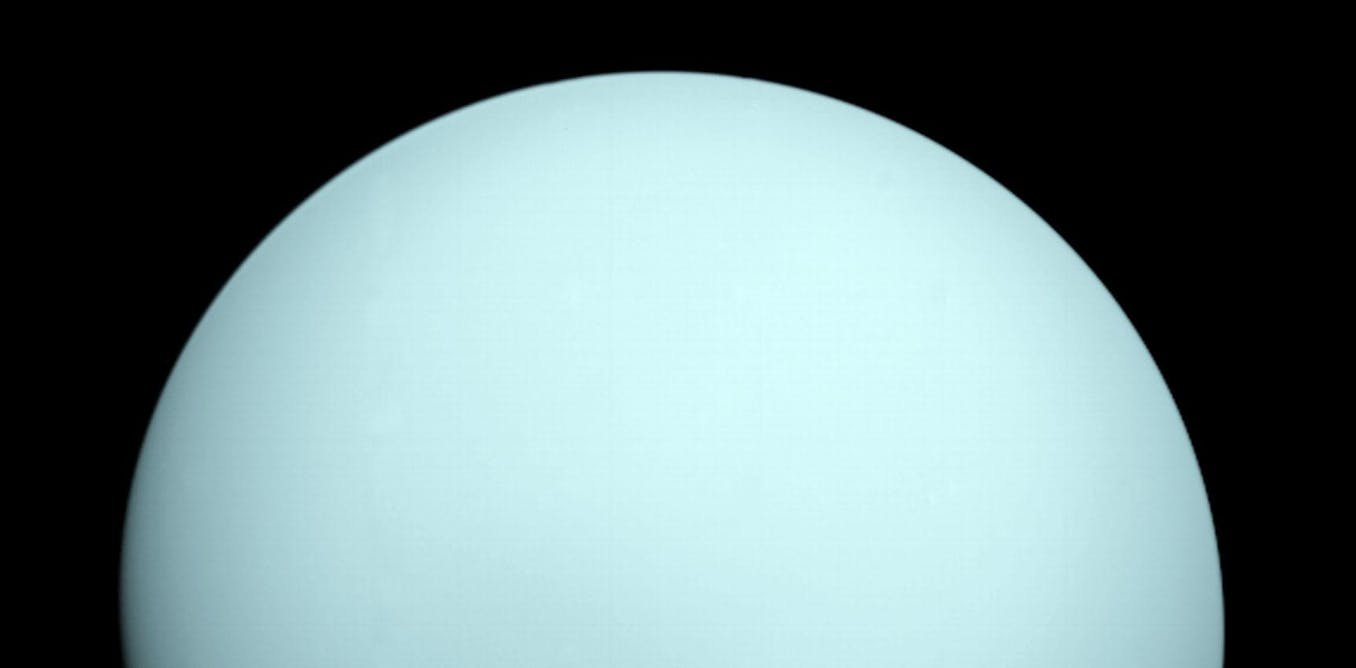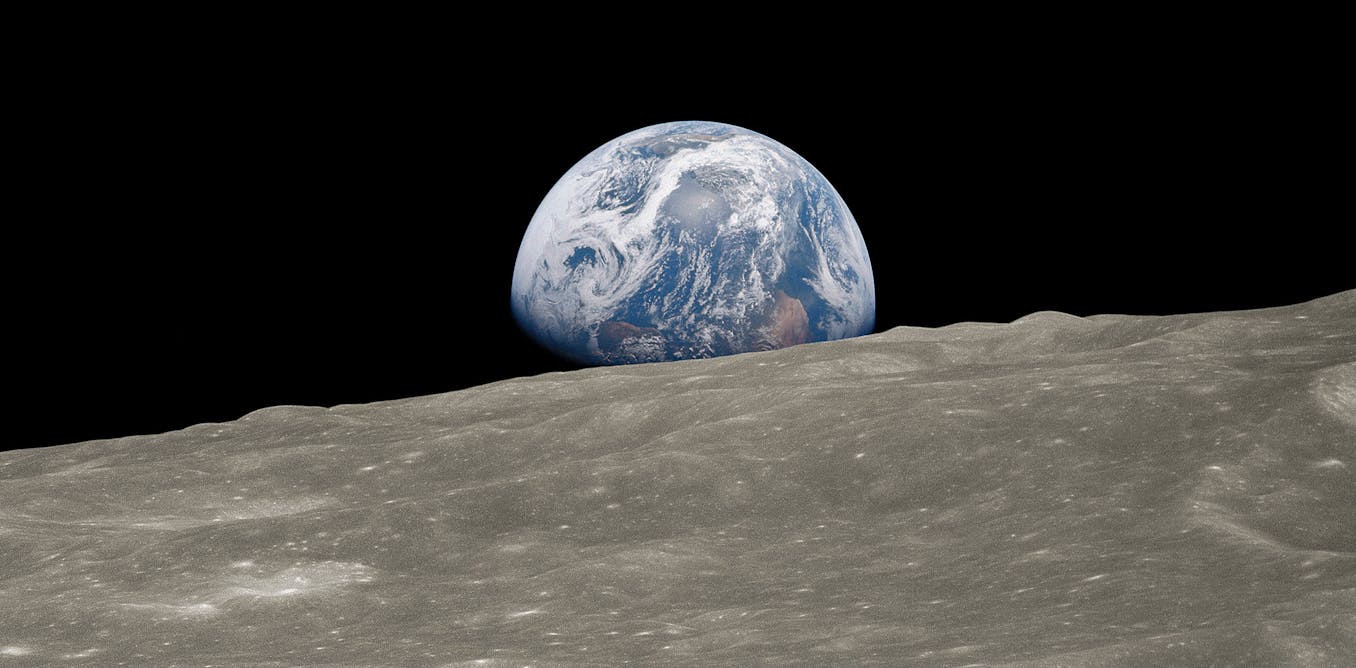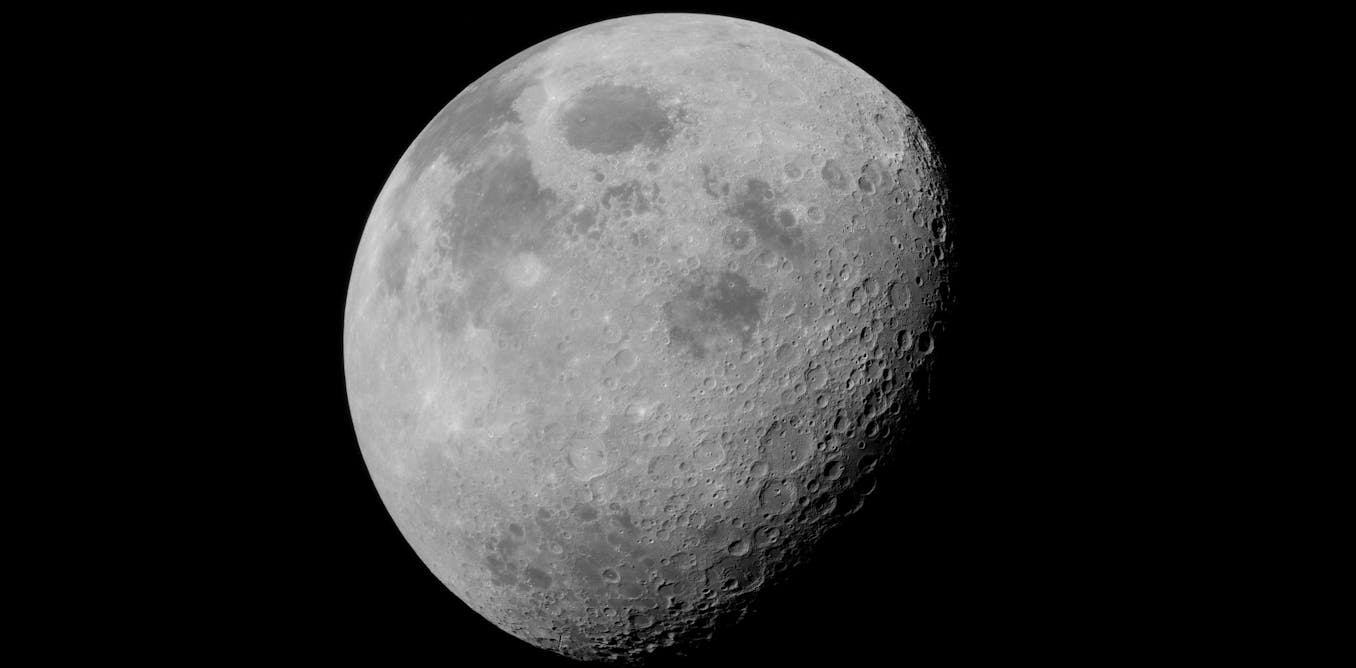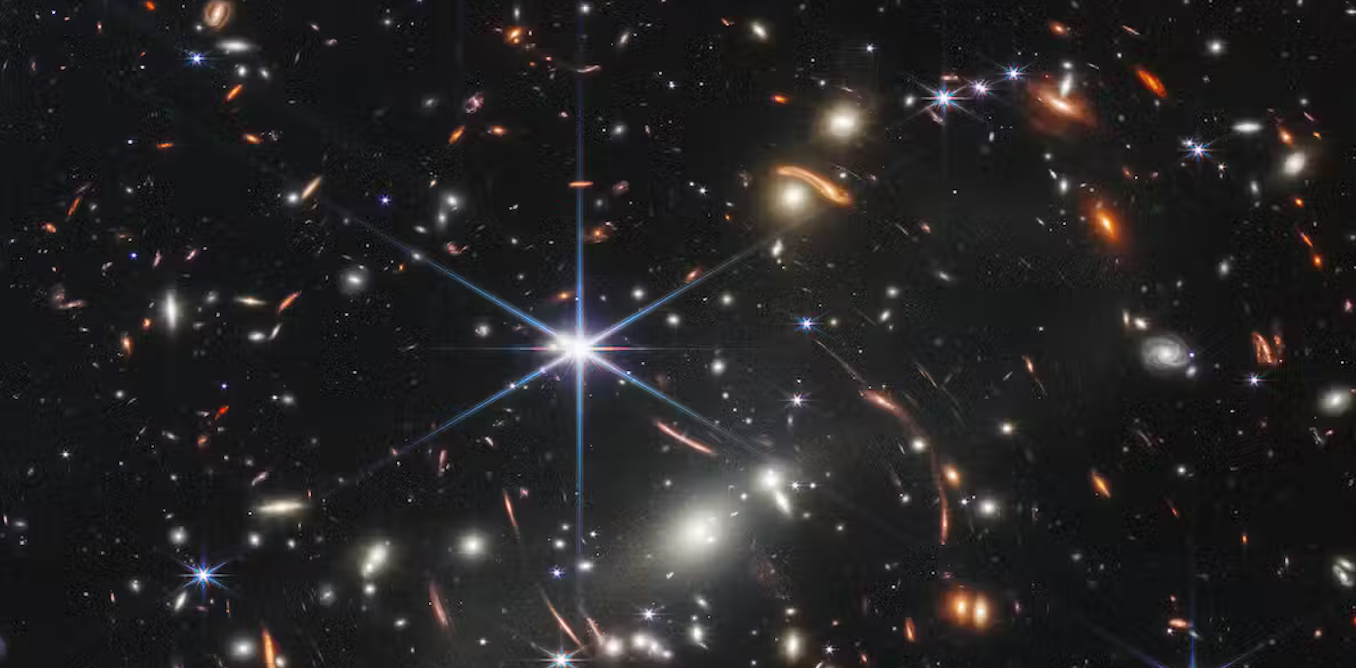The longstanding mystery of Mars' moons – and the mission that could solve it
A Japanese spacecraft is expected to reach Martian orbit in 2025 to collect material from the surface of the moon Phobos before returning to Earth by 2029.
Dec. 7, 2023 • ~6 min



